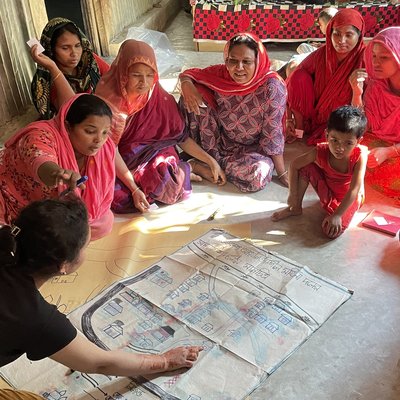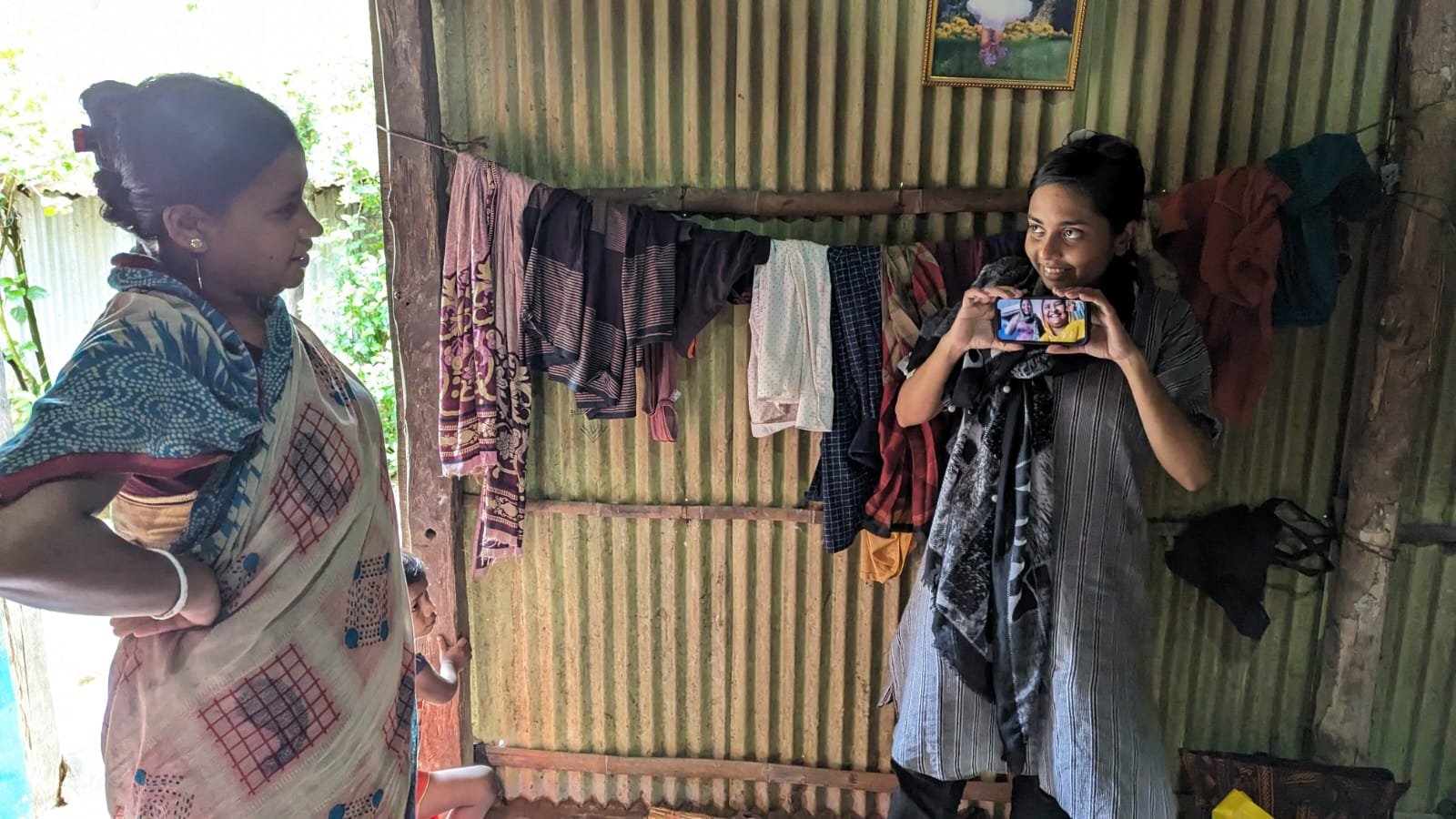
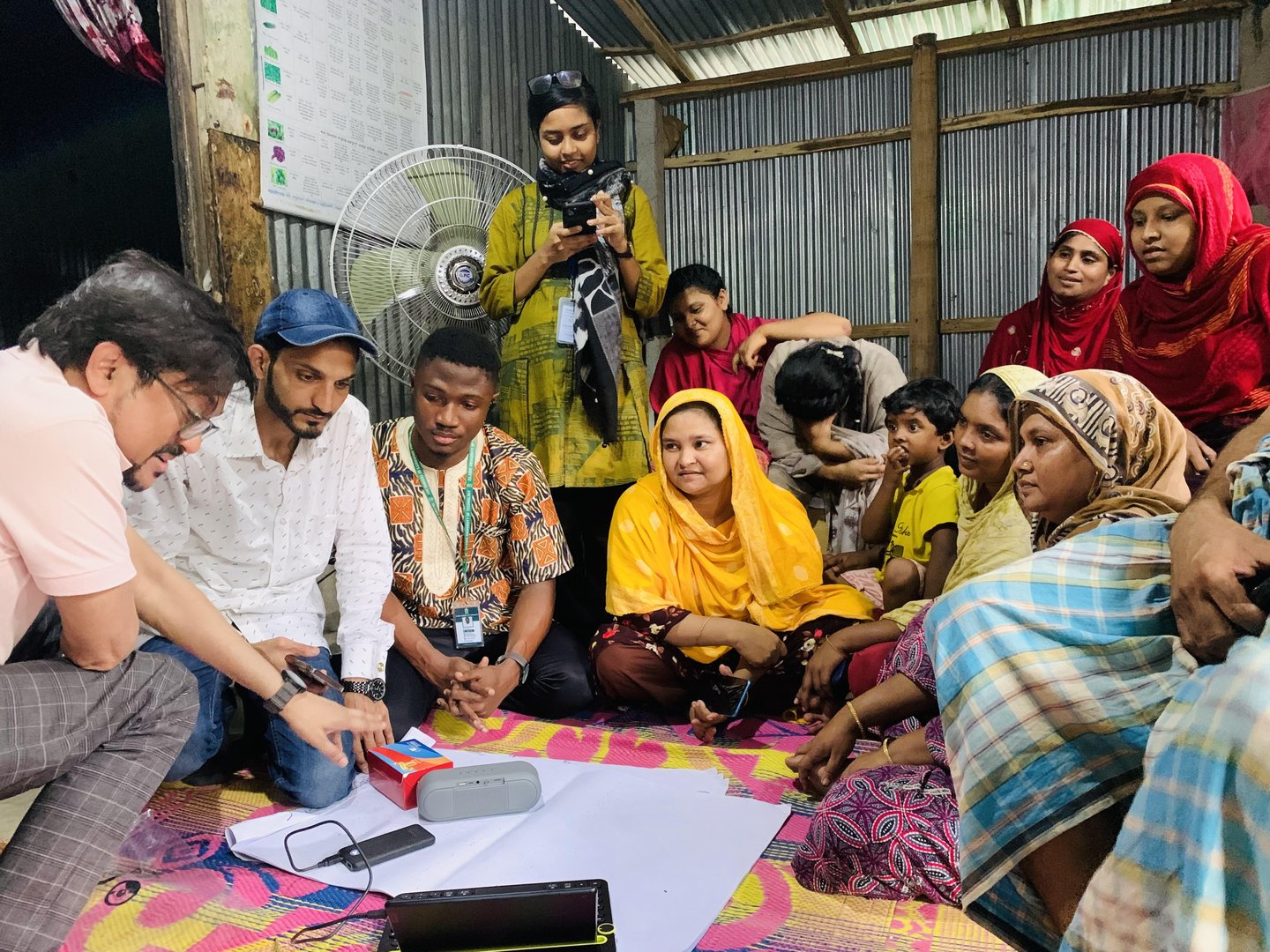
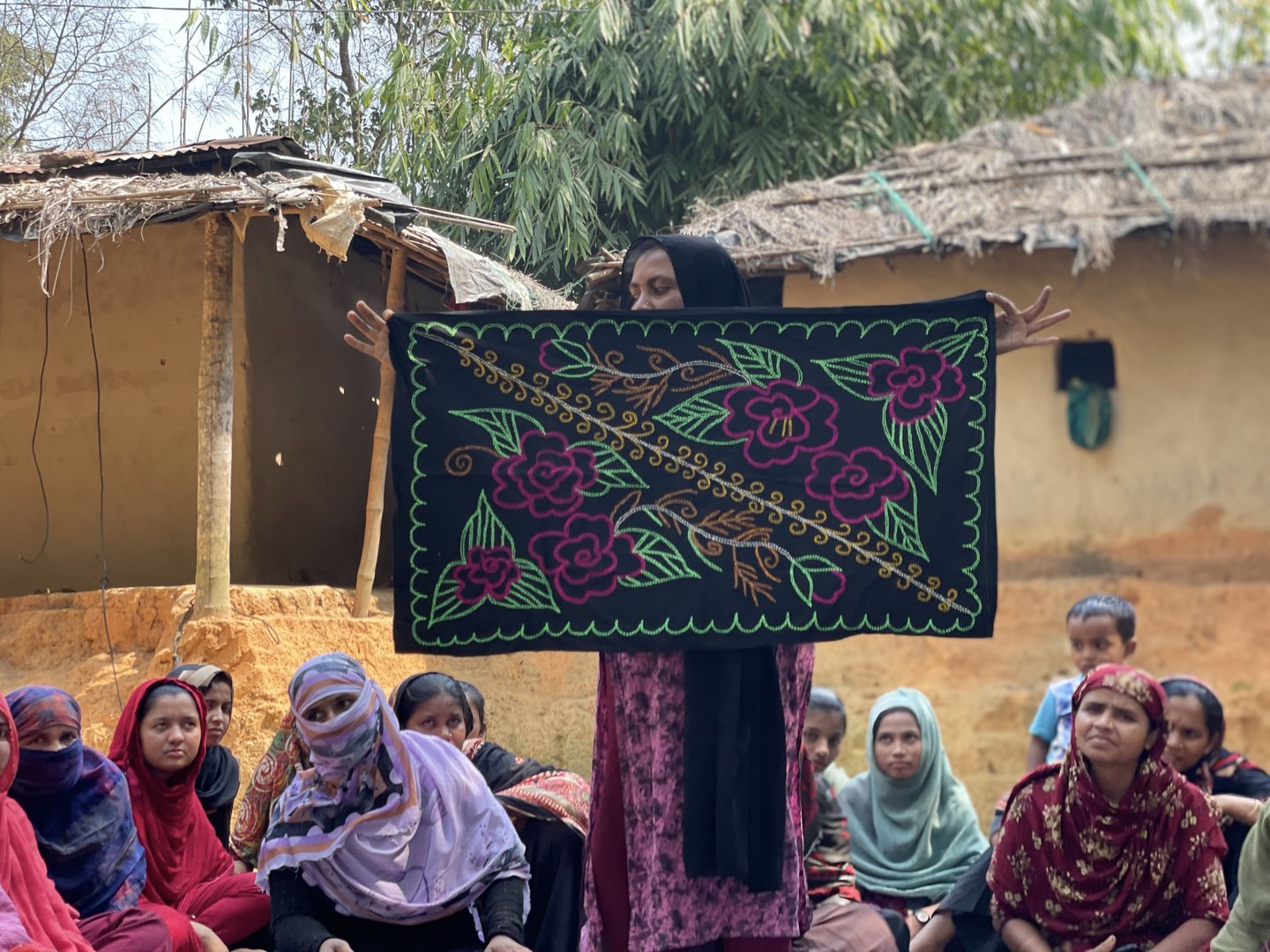
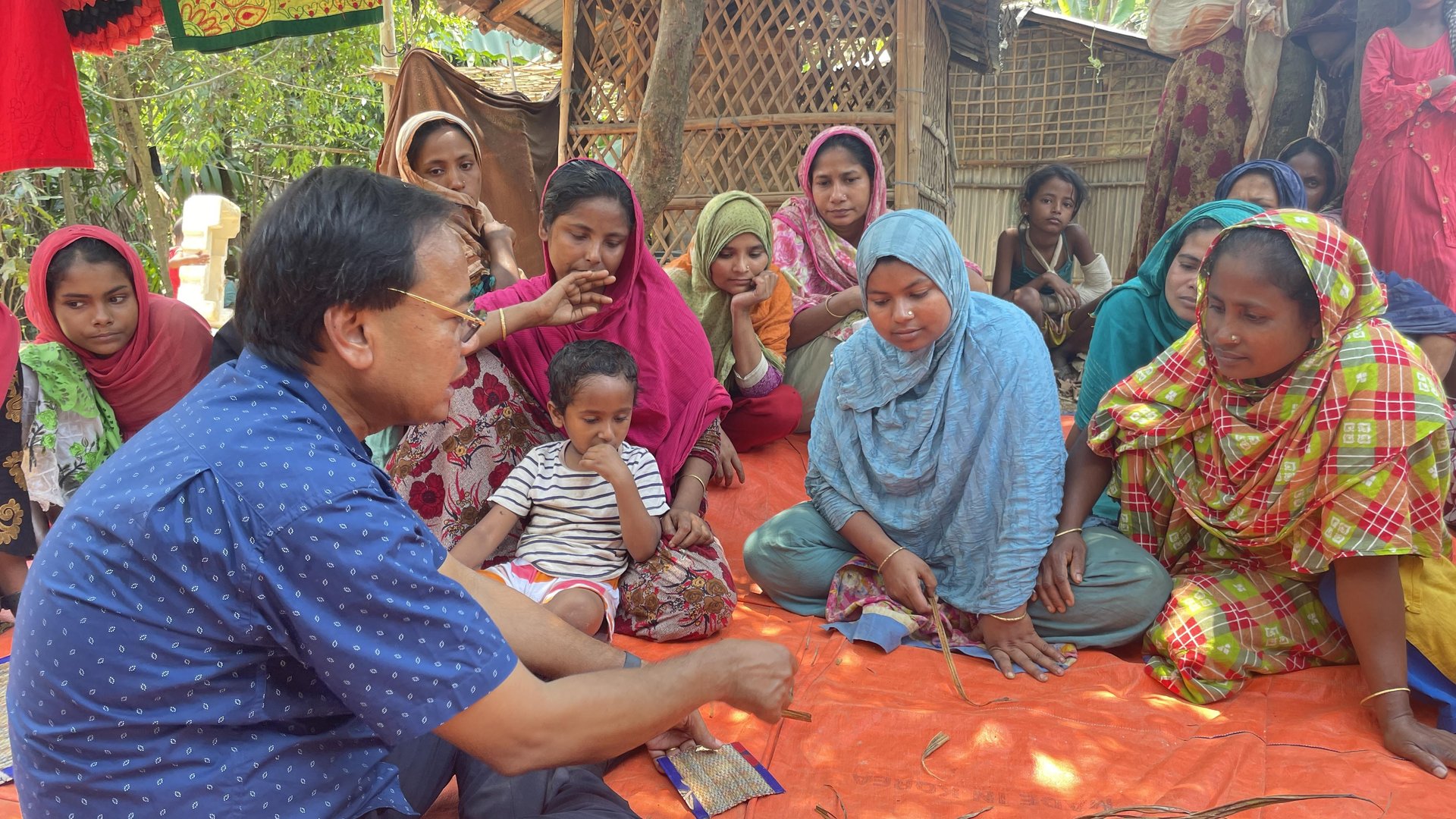
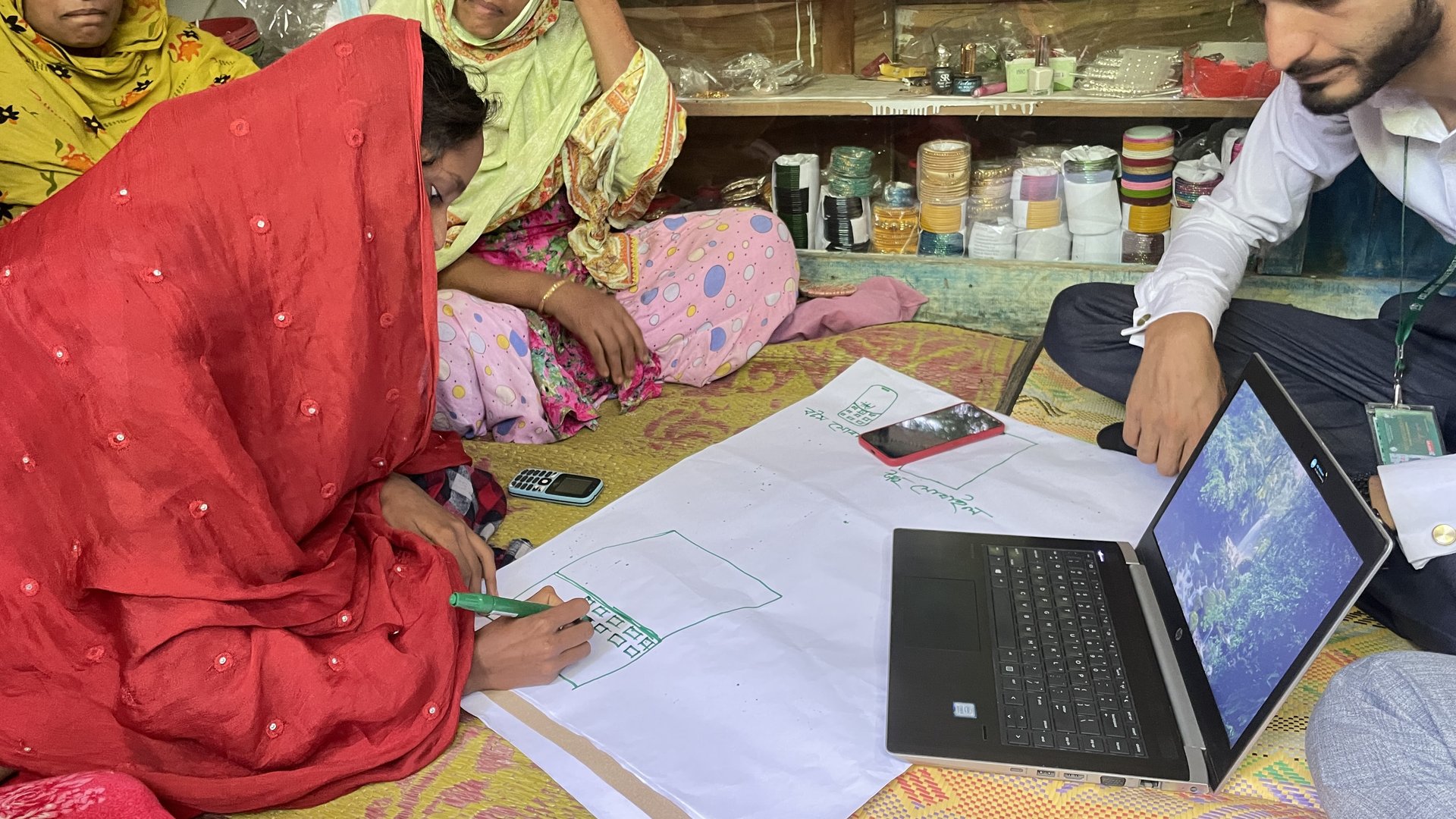
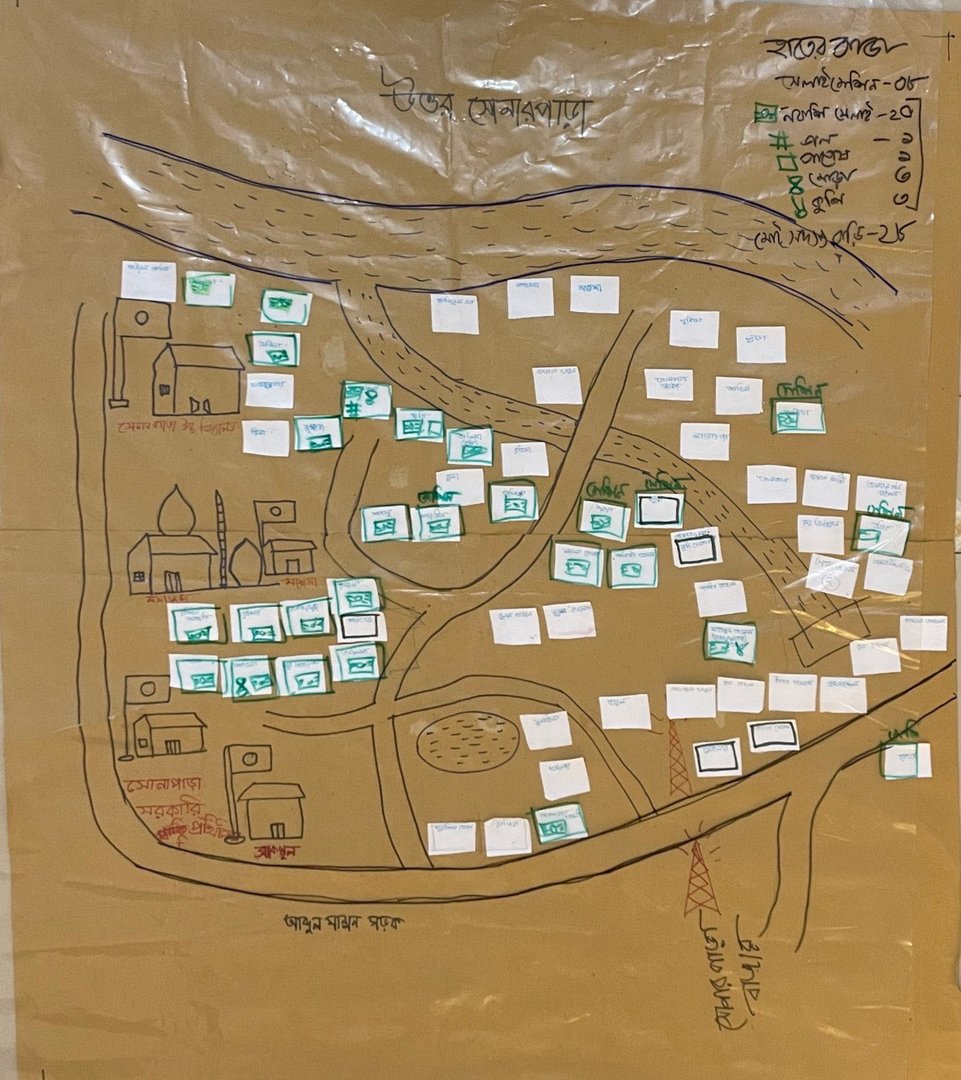
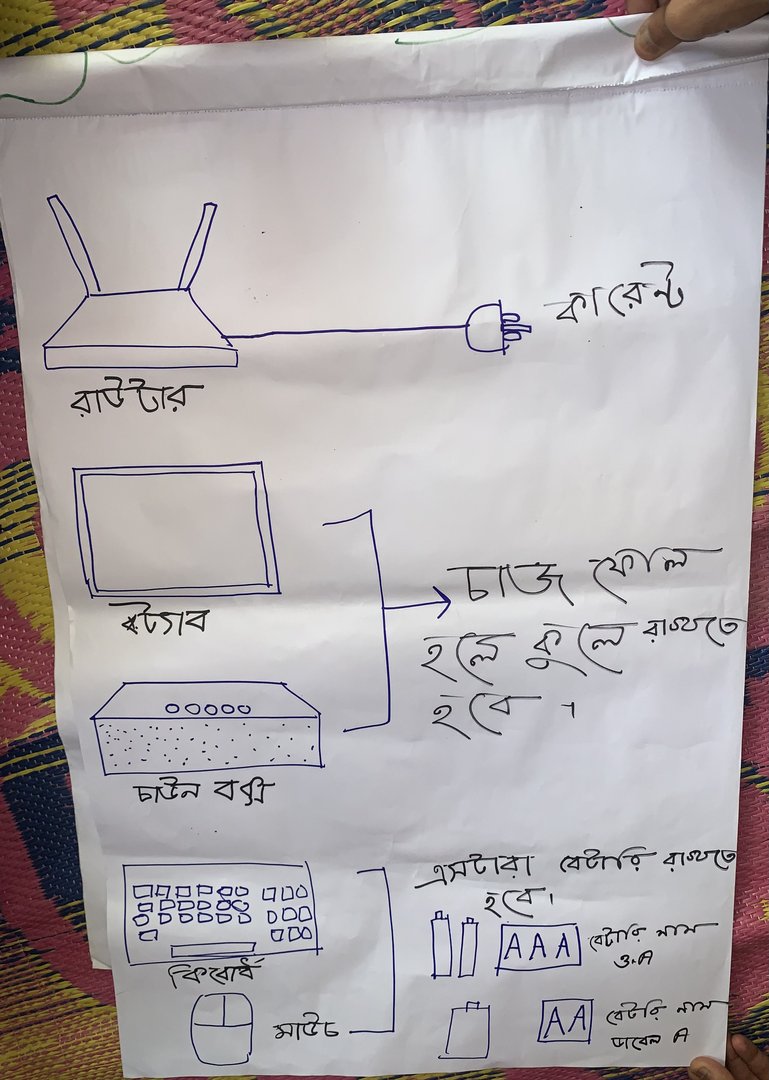
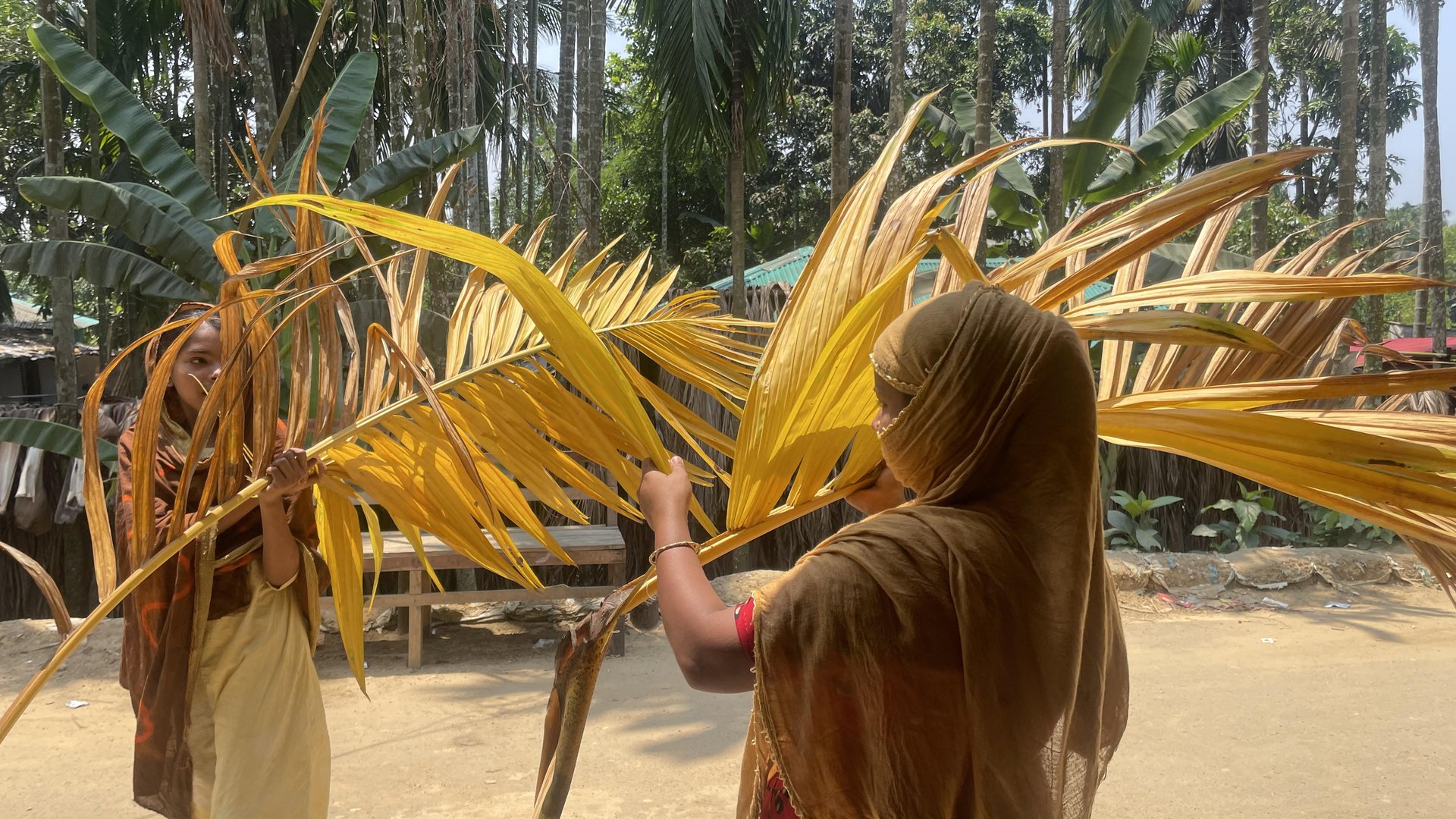
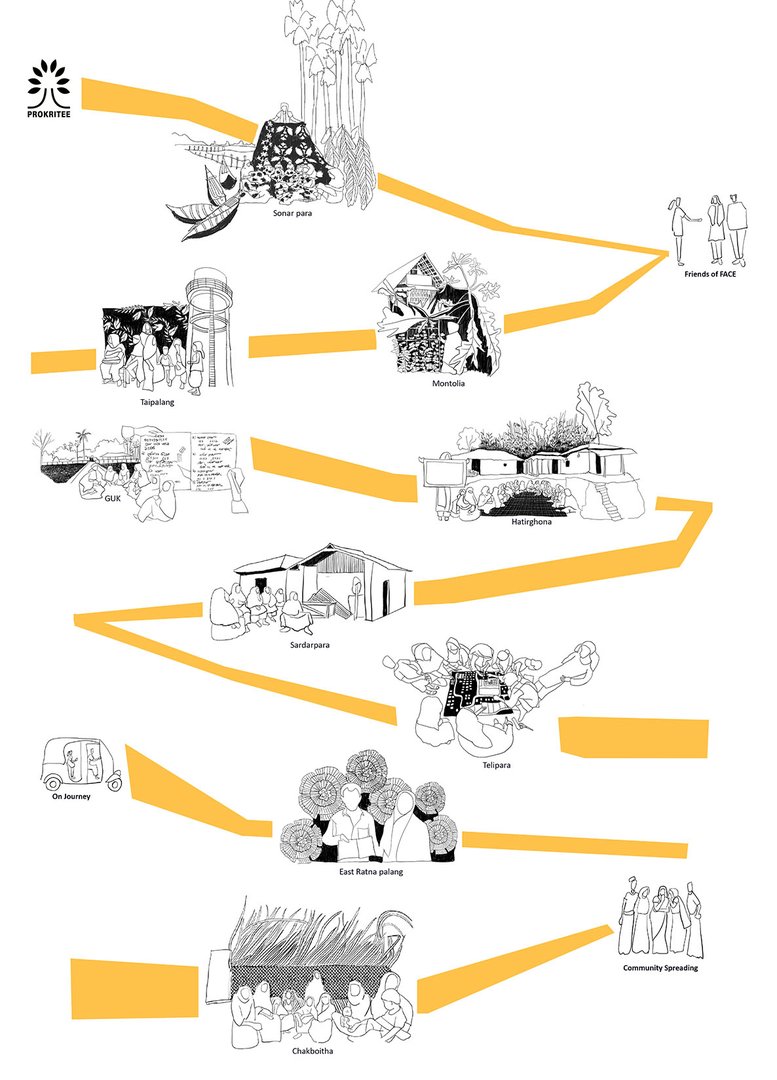
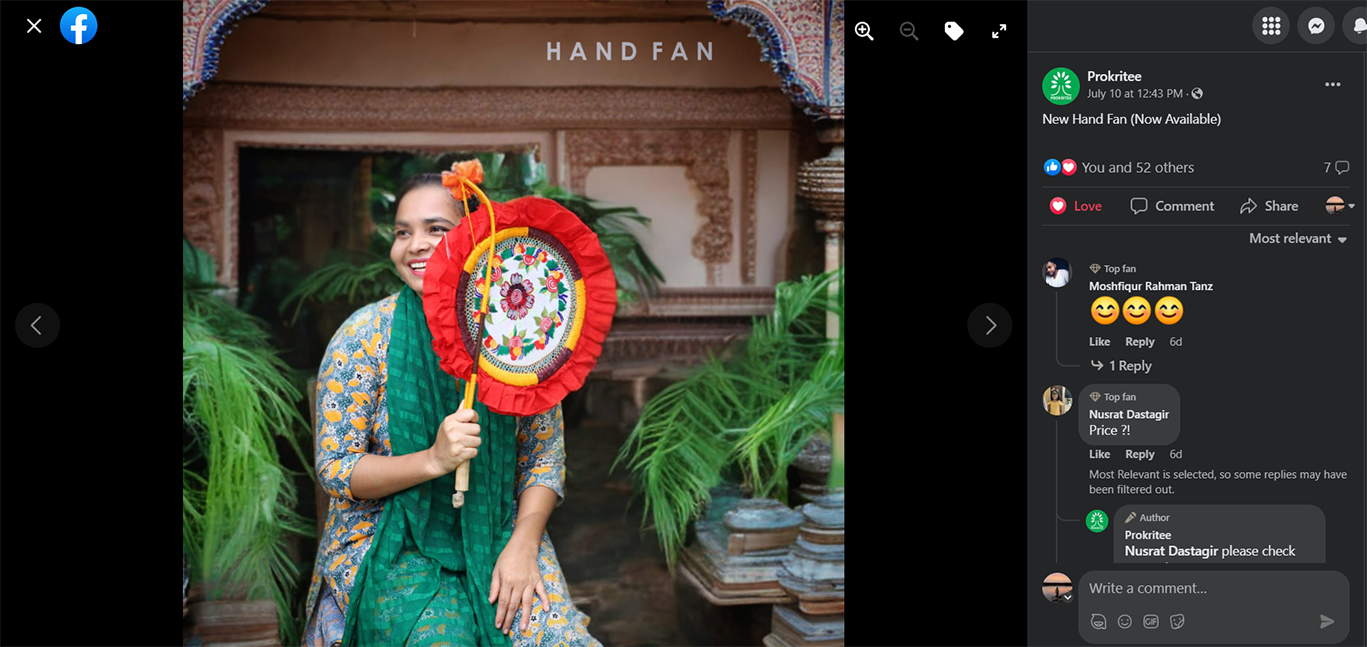
Model building of community networks linked to social enterprise and sustainable local economic development
Location
Ukhiya Upazila, Cox’s Bazar, Bangladesh
Implementation period
12 months
Executive Summary
Face Bangladesh has been contributing to improving the livelihoods of host communities. In recent years, many women from these host communities have already been able to stitch blankets from locally available fabrics; bags, purses, mats, and some decorative items from empty snack packaging (wastage) found in Rohingya camps; and some furniture, toys, and other functional items with locally available bamboo and cane. These women groups and artisans engaged in the craft subsector are already connected to social and Fair-Trade organizations but have limited communication platforms to be able to access training on product design and development, do timely coordination between groups, product supervision, and quality assurance during the production processes.
This is an initiative by Face Bangladesh, that will develop a community network of social enterprises of local women artisans through internet connectivity and will contribute to the local economy. This will also establish that this network of artisan communities could be a sustainable and viable social enterprise when connected to the world both online and offline. This initiative is an opportunity for the community artisan network to connect online to communicate with the product designers and marketing channels for quality scrutiny, design improvisations, and marketing.
Once provided with community networking facilities (both online and offline), these women groups will be able to communicate easily with product designers and marketing channels available. It has a greater opportunity to use locally available natural materials and recycle and upcycle the waste that generates around the communities. It will empower women to become independent.
Under this initiative, two other countries will join through similar processes in China and the Philippines and will be connected through the Institute of Social Entrepreneurship in Asia (ISEA). So, there is an excellent potential to share and learn through learning exchange programs internationally. It can play an important role in policy advocacy for local economic development. Through this process, this network will get involved with them to establish their own cooperative business. It aims to support the community network for one full year expecting they will learn to sustain on their own after a year
News related to Model building of community networks linked to social enterprise and sustainable local economic development
